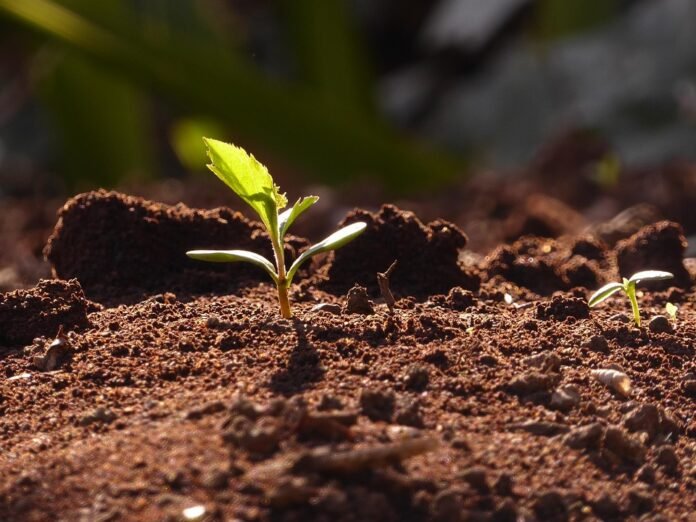We keep hearing phrases like climate change or global warming, but let’s stop pretending it’s just science talk. It’s people. It’s homes. It’s real, and it’s already happening.
In 2024, scientists confirmed what people living through heatwaves and floods already knew: we’ve gone past 1.5°C of warming. And this is extremely alarming. That limit from the Paris Agreement that the one world leaders promised to stay under? Well, we crossed it. The planet hit 1.52°C.
And still, barely anyone is stepping up. The United Nations asked all the 197 countries to submit the update on their climate action plans, officially called Nationally Determined Contributions, by February this year, before COP30 (conference of the parties), which is happening very soon . These plans are supposed to say how each country will cut their greenhouse gas emissions. But only 25 countries sent theirs. From Africa: just Somalia, Zambia, and Zimbabwe.
Out of all of them, only one plan from the United Kingdom is even strong enough to meet the Paris targets.
But this is not all, only five of the group of 20 (G20) have submitted their 2035 plans: United States, Canada, Brazil, Japan, and the United Kingdom. We are talking about a group of countries that produces 80% of global emissions, and still 15 haven’t submitted their homework.
This isn’t just a climate crisis. It’s a human one, and meanwhile, the rest of the world — the rich, powerful countries that caused most of this — are still “working on it.”
We don’t need more reports. We need action.
The Intergovernmental Panel on Climate Change, climate scientists like Piers Forster from the University of Leeds, and hundreds of others have been warning us for years.
The annual Indicators of Global Climate Change report gives an overview of the state of the climate system. It’s all based on global emissions, atmospheric buildup, rising temperatures, and the human role in global warming.
And it shows how close we are to passing the 1.5°C mark. In 2024, human activity pushed warming to 1.36°C, and global temperatures hit 1.52°C. We’ve already crossed into risky territory with serious climate consequences: We’re watching ice melt. Watching seas rise. Watching weather turn wild. Our remaining carbon budget (the bit of emissions we can still afford before it’s completely out of control) could run out in three years or less.
But governments aren’t acting like it. If this was a stock market crash, they’d have moved overnight. But climate? “We’ll get to it.”
Africa isn’t waiting anymore; it’s leading.
This September, Africa Climate Week will happen in Addis Ababa, hosted by the UN and supported by groups like the IUCN. It matters, not just because it’s on African soil, but because African countries are doing the work. Even when they’ve done the least to cause the problem.
What they need now is real support: solutions, money, tech, and fairness.
Before COP30, something has to change
We still have one last shot; COP30 is approaching fast. And countries like China, India, and the European Union could be game changers in keeping up with the Paris Agreement’s 1.5°C temperature goals. But they need to bring real, updated, and serious plans to the table. Now.
Only 10 plans so far even mention phasing out fossil fuels. Ten.
But it’s not just about cutting carbon. Done right, this can lift over 175 million people out of poverty. Climate action can actually build something better if leaders decide to act.
Every fraction of a degree matters. Every delay makes it worse. Every country, from Zimbabwe to the United States and from India to Canada, plays a role.
Africa has already paid the price. Now it’s time for the rest of the world to pay attention and show up.






